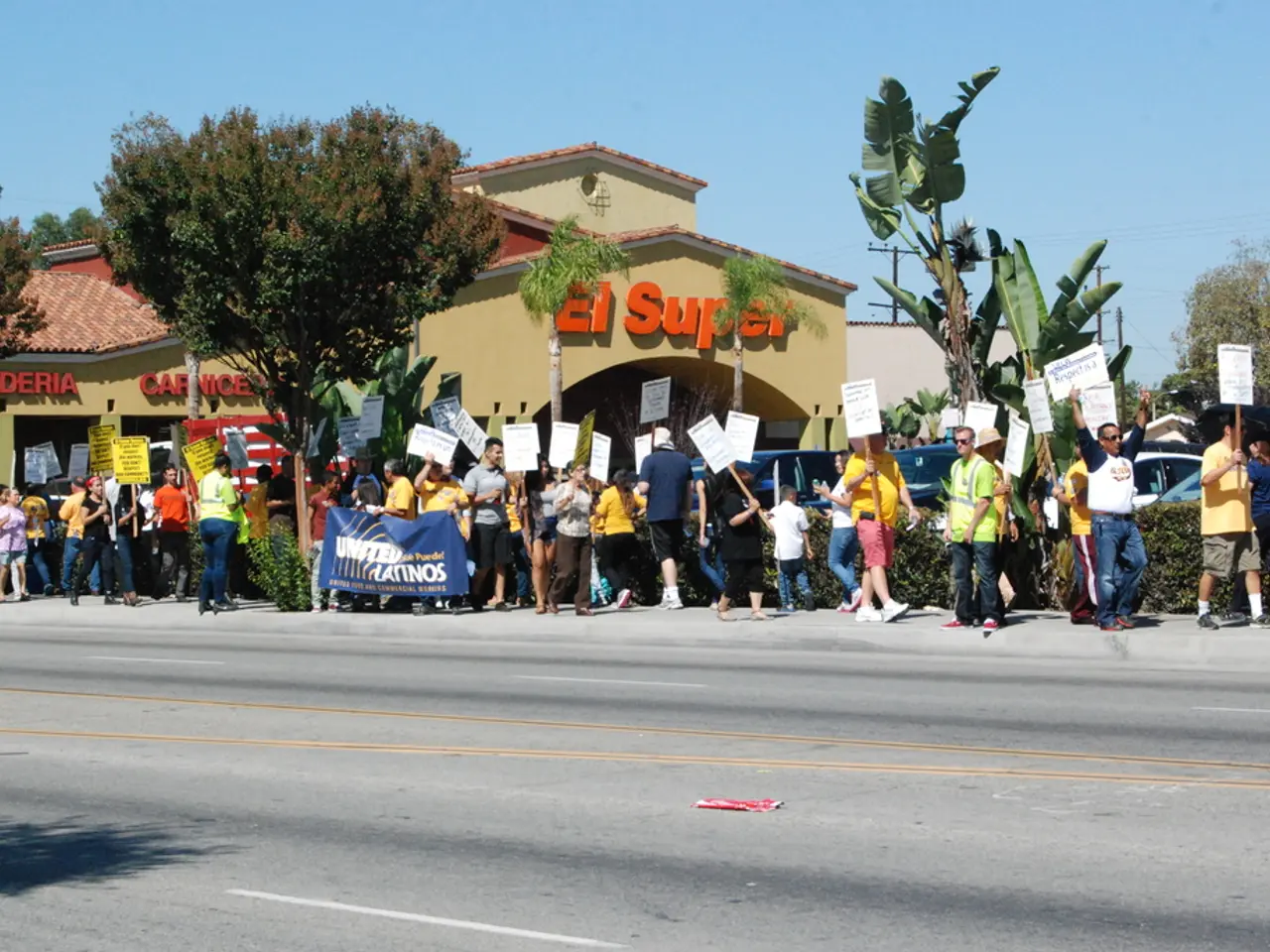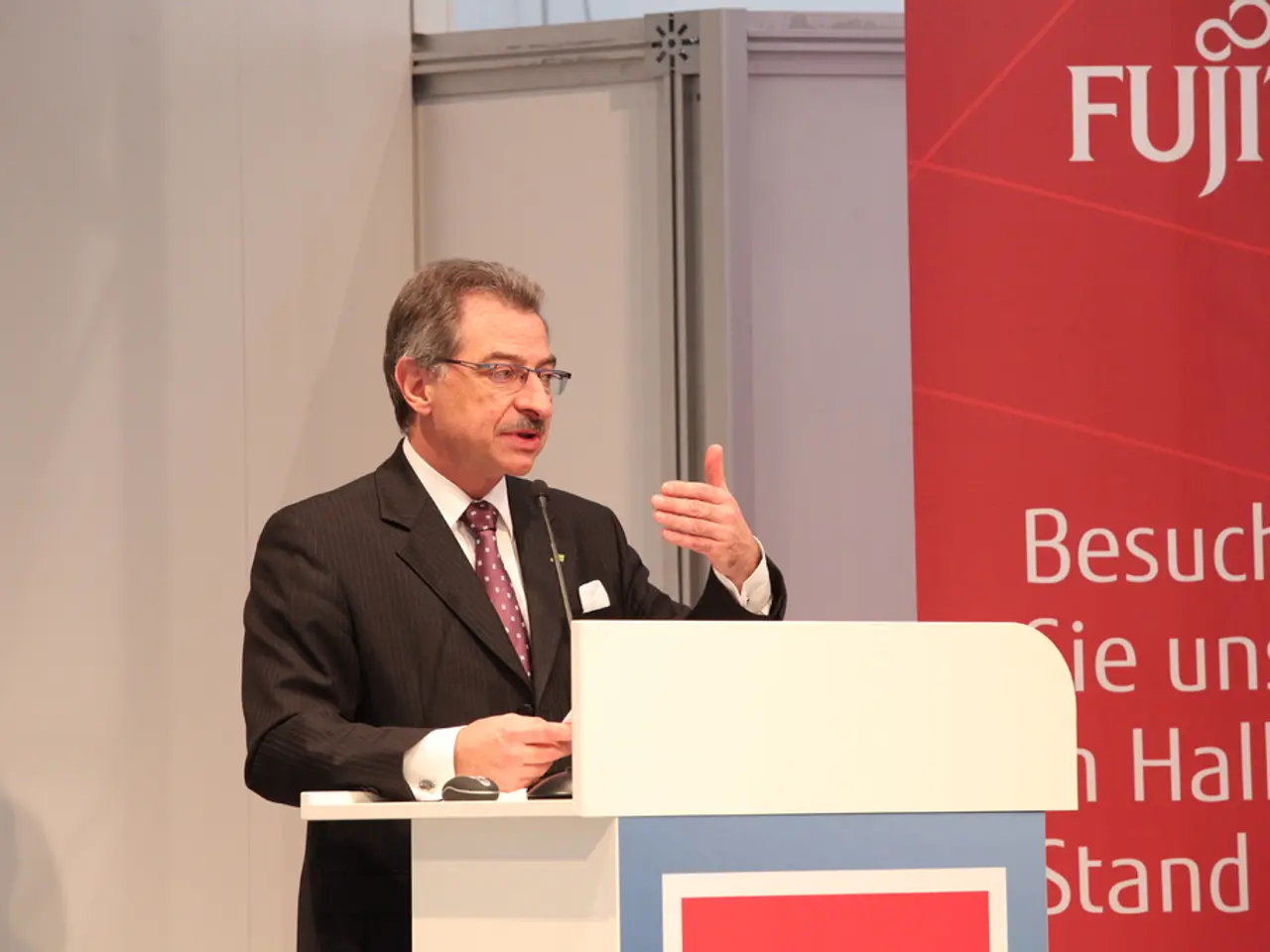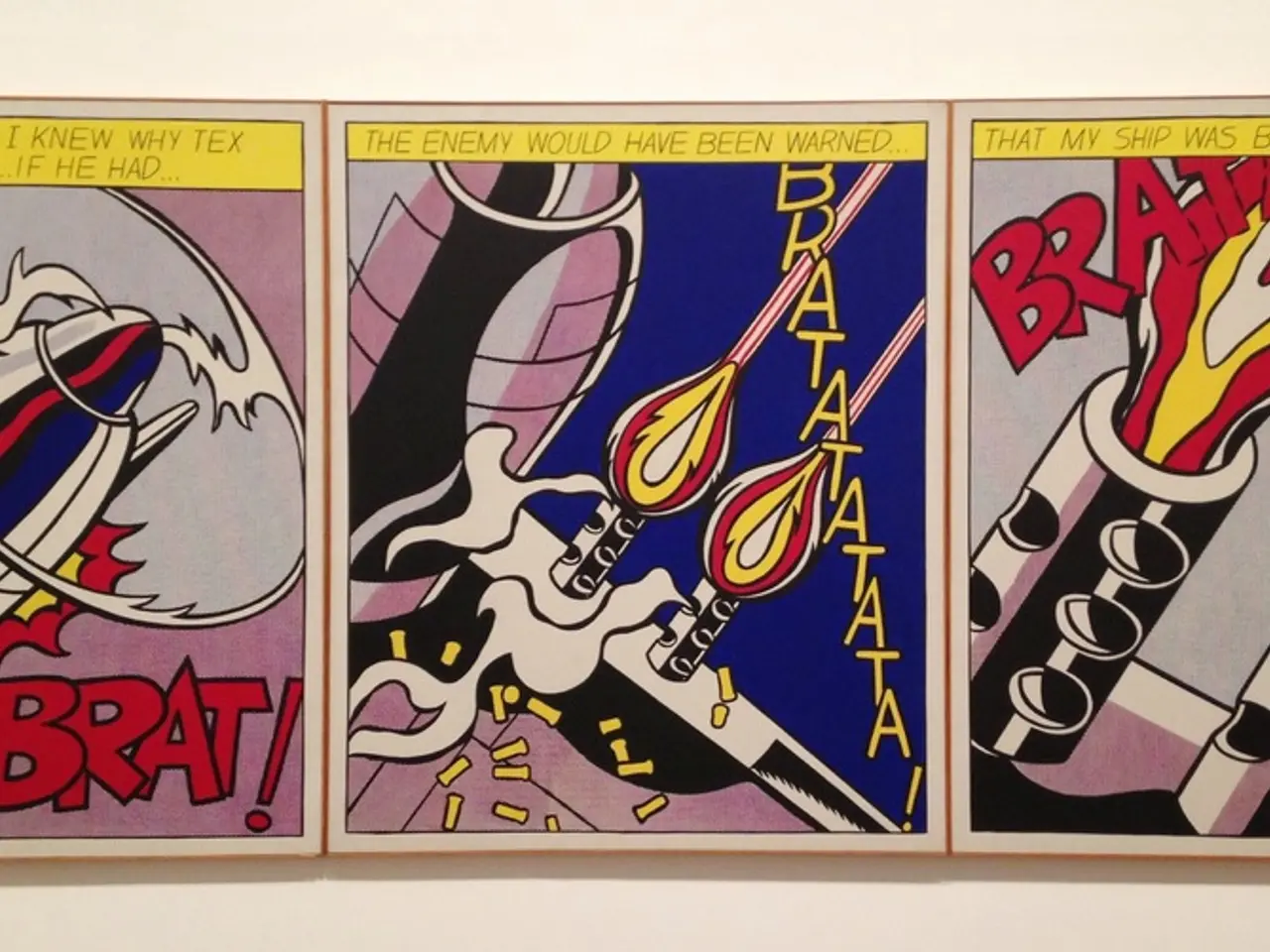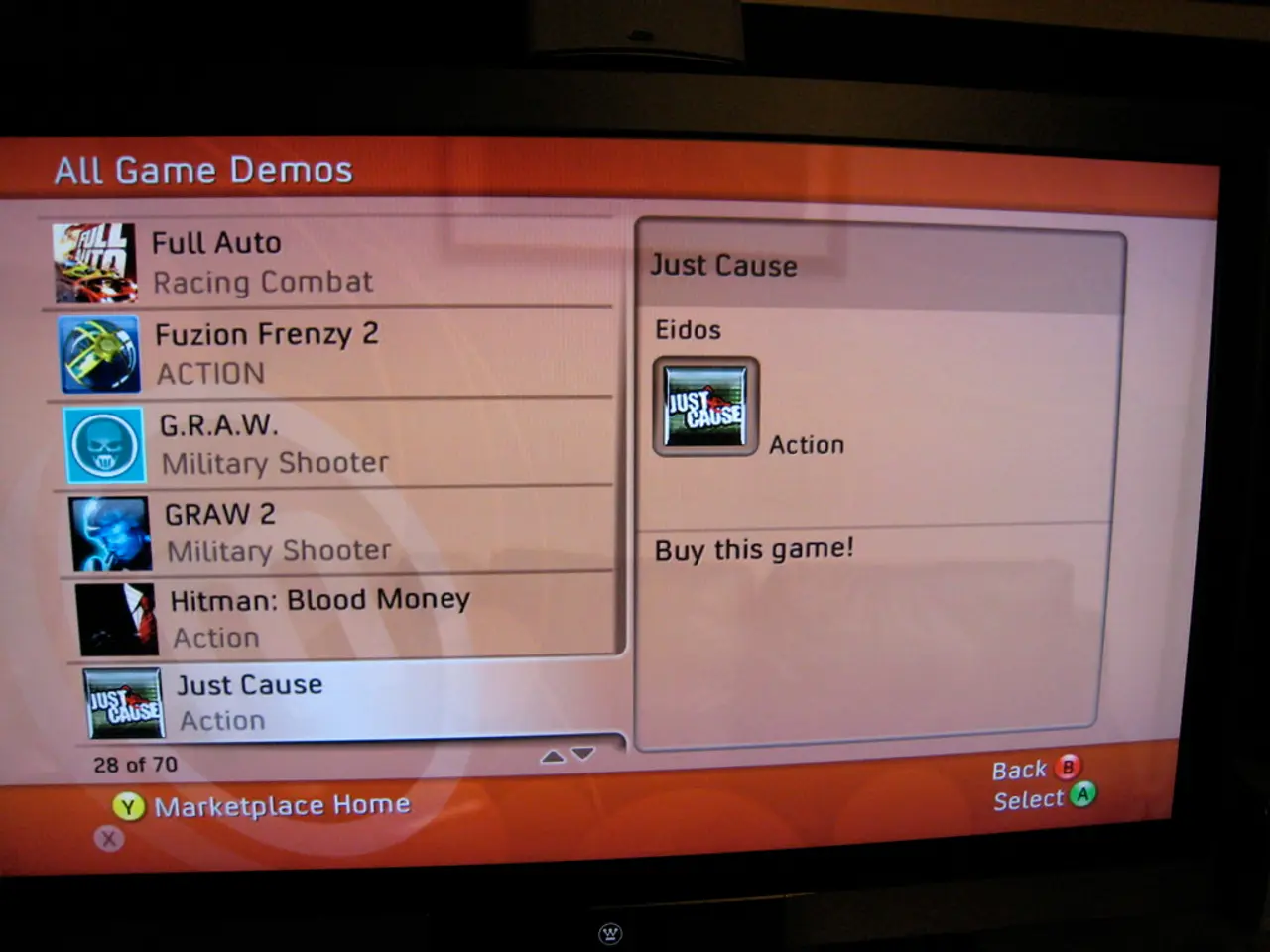Deteriorating Trump Policies in Latin America
In the heart of the Americas, a complex geopolitical standoff persists between the United States and several countries, including Cuba, Venezuela, and Nicaragua. This ongoing conflict, marked by sanctions and diplomatic restrictions, has been a significant feature of the region for over six decades.
The neocon capture of the Democratic party has removed any guardrails against the US empire, leading to a more assertive foreign policy. This assertiveness is evident in the ongoing US/Zionist war against Iran and the continued tightening of economic and diplomatic restrictions against Cuba, Venezuela, and Nicaragua.
Cuba, for instance, has faced intensified sanctions since January 2025, with the US re-designating it as a state sponsor of terrorism. This move has restricted access to the US dollar, expanded visa limitations, and targeted Cuban military contractors and luxury real estate sectors. The US also re-activated Title III of the Helms-Burton Act, deterring foreign investment, halted foreign aid, tightened travel bans, and restricted Cuban immigration. Yet, food and medicine exports continue under complex licensing, showing some humanitarian exceptions within the embargo.
Venezuela and Nicaragua, too, have faced firm sanctions. However, these governments have strengthened food security and other resilience measures, enabling them to withstand sanctions pressures. Venezuela recently thwarted a US-backed terrorist operation, indicating ongoing political and security resistance. Regional alliances like ALBA and support from countries such as China have helped Cuba and Venezuela mitigate the impact of the US blockade.
The Cuban regime justifies its restrictive internal controls, including limiting citizens' ability to exit the country, as a national security measure. However, this often arbitrarily restricts citizens, affecting doctors, journalists, and ordinary people, reinforcing internal control in the face of external pressures.
Despite these sanctions, the governments of Cuba, Venezuela, and Nicaragua persist in resisting US dominance. Their resilience is a testament to the strength of their internal controls, regional food security, and geopolitical support from allies such as China.
Elsewhere in the region, the US has furthered its military penetration in Ecuador, Guyana, Brazil, Panama, and Argentina. The US Southern Command has warned that time is not on our side due to methodical incursion into the region by both Russia and China. China has become the region's second largest trading partner.
In summary, the US sanctions on these three countries remain comprehensive and are tightening, especially against Cuba, but have not displaced their governments’ resistance. Regional food security, geopolitical support from allies such as China, and strong internal controls contribute to their ongoing ability to resist US dominance despite the economic and diplomatic pressure.
[1] Source for information on Cuba: [url] [2] Source for information on Venezuela: [url] [3] Source for information on Cuba's internal controls: [url] [4] Source for information on China's aid to Cuba: [url]
- The persisting geopolitical standoff in the Americas, involving countries like Cuba, Venezuela, and Nicaragua, has not only been marked by war-and-conflicts but also politics, as the US's assertive foreign policy, in conjunction with economic and diplomatic restrictions, continues to impact these nations.
- With China becoming the region's second largest trading partner, the general-news landscape is increasingly shaped by the complex interplay of power dynamics, military presence, and regional alliances, particularly as the US Southern Command expresses concerns about methodical incursion into the region by both Russia and China.








